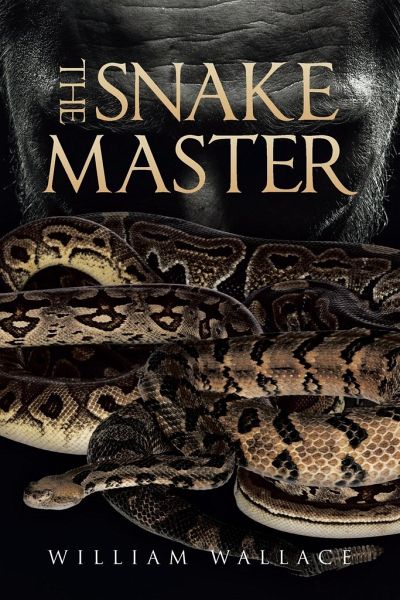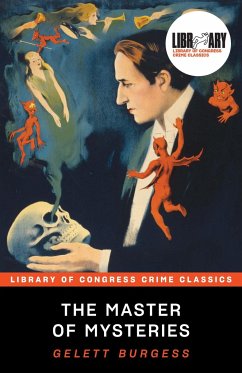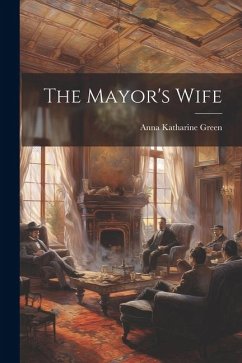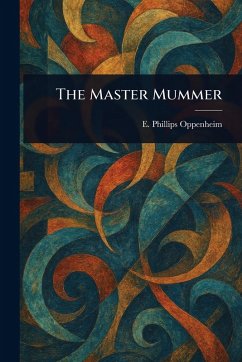Nicht lieferbar

The Snake Master
Versandkostenfrei!
Nicht lieferbar
Agents Longfellow and Dickinson were investigating three murders in Philadelphia when they were reassigned to Wilmington, Delaware, to investigate another murder that resembled the three in Philadelphia, as they also used a dog choke collar to murder their victims. As the serial killer's victims began to pile up, a twist to the murders takes place when some of the law enforcement officers had to battle different species of venomous snakes that have become involved in the mysterious battle between man and beast.















